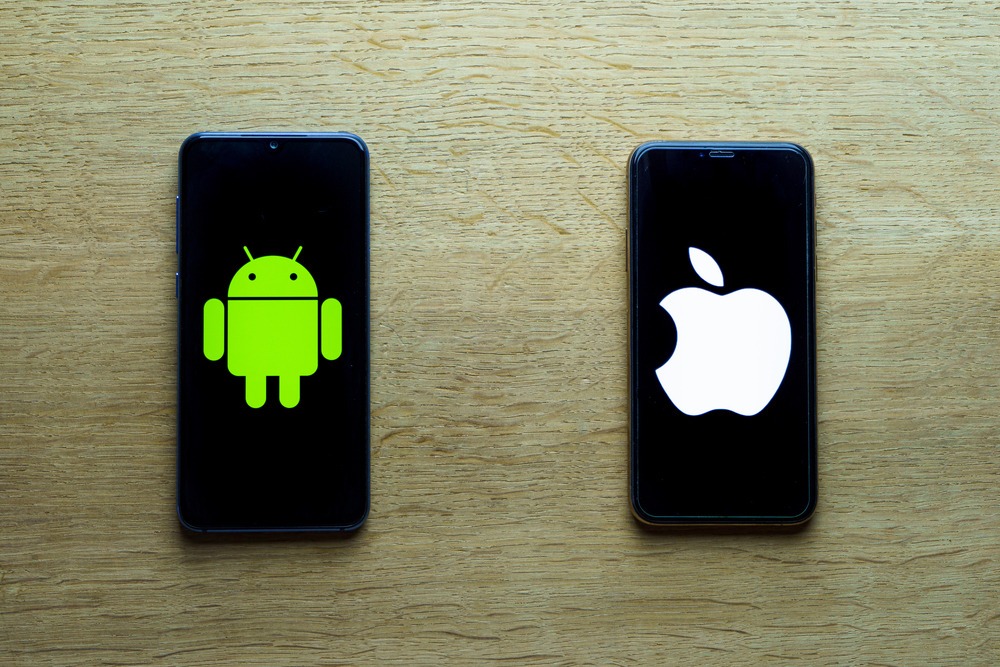
Introduction to Emulation
Emulation involves simulating the behavior of one system on another. For mobile operating systems, this means running an iOS application on an Android device or vice versa. The main challenge lies in ensuring the simulated environment accurately replicates the original system's behavior, including hardware and software interactions.
Android Emulation
Android emulation is a well-established practice with numerous tools available to simulate an Android environment on various platforms, including Windows and macOS.
Advantages of Android Emulation
- Flexibility: Supports a wide range of devices and configurations.
- Cross-Platform Compatibility: Runs on multiple operating systems like Windows, macOS, and Linux.
- Customization: Users can mimic specific hardware configurations, useful for developers testing apps on different devices.
Disadvantages of Android Emulation
- Performance Issues: Often suffers from lag and slowness due to the overhead of emulating an entire operating system.
- Resource Intensive: Requires significant system resources, impacting the host machine's performance.
- Security Risks: Risk of malware or other security threats when using third-party emulators.
Tools for Android Emulation
- Official Android Emulator: Provided by Google, widely used and supported, offering robust features for testing and development.
- Bluestacks: Popular third-party emulator allowing users to run Android applications on Windows or macOS devices.
- Genymotion: Designed specifically for developers, offering advanced features like virtualization and customization.
iOS Emulation
iOS emulation is more complex due to Apple's strict control over its ecosystem. Unlike Android, iOS is closed-source and does not officially support emulation.
Advantages of iOS Emulation
- Accessibility: Several third-party tools allow users to run iOS applications on Android devices.
- Bridge Between Ecosystems: Enables access to exclusive iOS content on Android devices.
Disadvantages of iOS Emulation
- Performance Issues: Often experiences lag and slowness, similar to Android emulators.
- Security Risks: Significant security risks, as third-party tools may contain malware or other malicious software.
- Limited Compatibility: Not all iOS applications are compatible with these emulators, some may require specific hardware or software features not available on Android devices.
Tools for iOS Emulation
- iOSEmus: An app-based emulator available on the Google Play Store, allowing users to run various iOS applications on Android devices.
- Air iPhone Emulator: Another option for running iOS apps on Android, though it has limited functionality and may not be compatible with all apps.
- Appetize.io: Cloud-based emulator offering high functionality but requires a subscription for full access.
Comparison of Emulators
When comparing the two ecosystems in terms of emulation, several key differences emerge:
-
Performance: Both Android and iOS emulators suffer from performance issues due to the overhead of simulating an entire operating system. However, iOS emulators tend to be faster because they run native instructions on native architecture (x86), whereas Android emulators have to emulate ARM instructions on x86 architecture.
-
Security: Android emulators generally pose fewer security risks compared to iOS emulators, as they are more open-source and widely supported by the community. However, both types of emulators carry inherent risks when using third-party tools.
-
Compatibility: Android emulators offer better compatibility with a wide range of applications and devices, whereas iOS emulators are limited by the exclusivity of the Apple ecosystem.
Testing Acceleration RNG on Android
Acceleration RNG (Random Number Generator) is a significant issue in the game "Fast Like a Fox," where the fox's acceleration and momentum exhibit surprising amounts of randomness. This randomness can make platform comparability challenging.
Techniques for Testing Acceleration RNG
-
Keyboard Controls: Using an emulator like Bluestacks, users can bind keyboard keys (A and D) to control the fox's movement. By alternating between these keys, users can achieve more consistent movement, potentially reducing the impact of RNG.
-
Volume Controls: On a physical Android device, users might experiment with using volume up and down buttons to mimic the keyboard controls. However, this method is purely speculative and not directly supported by any official documentation.
-
Combining Input Methods: Some users speculate that combining tap and touch input methods might help eliminate RNG by providing more consistent control over the fox's movement. However, this is purely speculative and requires further testing to confirm.
Final Thoughts
Both Android and iOS offer their own set of challenges and advantages when it comes to emulation. Android emulation is more flexible and widely supported but suffers from performance issues and security risks. iOS emulation is more complex due to Apple's closed ecosystem but offers accessibility to exclusive iOS content on Android devices.
For developers and users looking to test applications or access exclusive content, understanding the strengths and weaknesses of each ecosystem is important. By choosing the right tools and techniques, users can navigate the complexities of emulation and achieve their desired outcomes.
Ultimately, while neither Android nor iOS emulation is perfect, they serve as essential tools in the digital landscape, bridging gaps between different operating systems and enabling a broader range of possibilities for users and developers alike.
